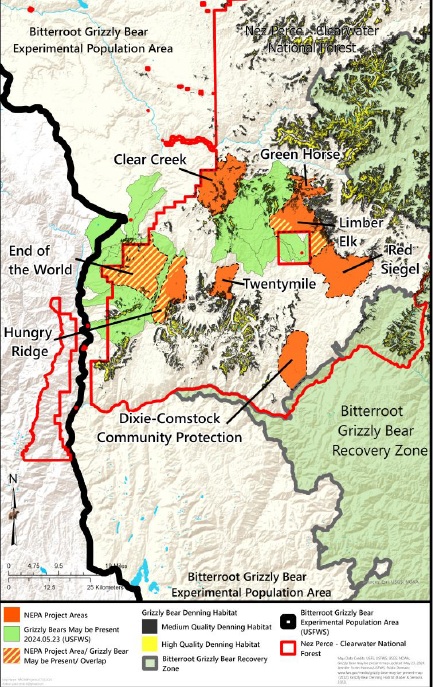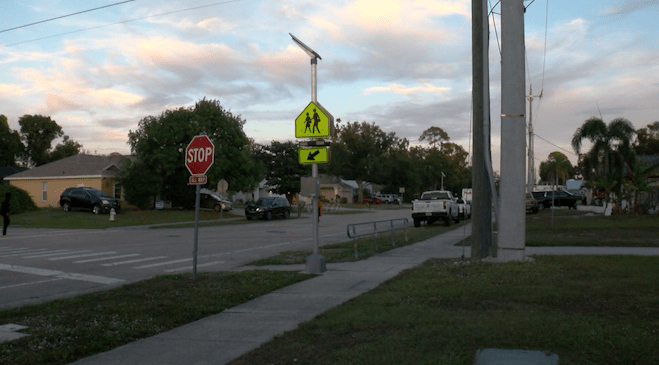UPDATE: A local environmental group has just filed a lawsuit against the U.S. Forest Service in Idaho, claiming that federal timber sales will severely harm grizzly bear habitats and old-growth forests. The Friends of the Clearwater filed the suit in Idaho District Court on October 3, 2023, seeking to halt six new and two ongoing timber projects on the Nez Perce-Clearwater National Forest.
The group’s legal action highlights significant concerns over compliance with the National Environmental Policy Act and the Endangered Species Act, among others. They argue that these projects threaten crucial wildlife habitats, particularly for the threatened grizzly bear population. “Logging proponents and the Trump administration believe private profits are more important than the public interest in wildlife habitat and enjoyment of naturally resilient wild forests,” stated Jeff Juel, policy director for the Friends of the Clearwater.
The projects in question—including the Clear Creek, Green Horse, and Red Siegel—feature clearcuts that often exceed 40 acres, with some reaching nearly 800 acres. The lawsuit contends that 80 miles of new roads would be constructed, along with reopening existing roads to facilitate logging operations described as “industrial in scale.” The group warns that these activities will fragment the habitats essential for the survival of grizzly bears.
According to the complaint, the timber projects threaten to disrupt and degrade wildlife habitats, including irreplaceable old-growth forests. “These projects will undermine habitat security necessary for the recovery of the threatened grizzly bear,” the complaint asserts. It points out that the cumulative logging activities could result in a staggering 25 square miles of clearcuts.
The logging projects are situated in a vast federal land area extending from the Salmon River to the Middle Fork of the Clearwater River near Kooskia. The Forest Service claims these projects are essential for thinning overgrown forests, reducing wildfire risks, and providing millions of board feet of timber to local mills. For instance, the End of the World project is expected to yield approximately 144 million board feet of timber, while the adjacent Hungry Ridge project could produce 177 million board feet.
Officials from the Forest Service have previously cited a study indicating that 30 jobs are created or sustained for every 1 million board feet of timber produced. However, the agency’s press office in Washington, D.C., has declined to comment on the ongoing litigation, stating, “It is our practice not to comment on issues in litigation.”
As this situation develops, the implications for both wildlife conservation and local economies remain significant. The outcome of this lawsuit could set a crucial precedent for future forestry practices in sensitive habitats across the nation. Stay tuned for further updates as this story unfolds.







